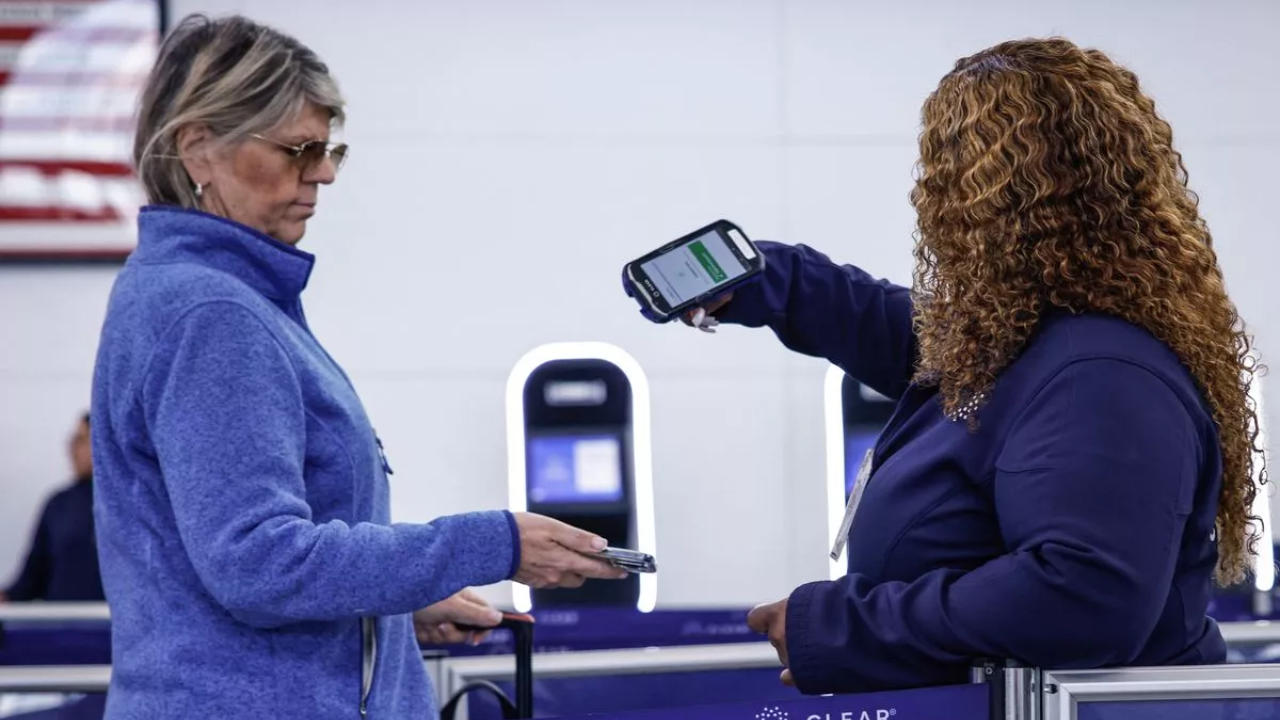The Transportation Security Administration (TSA) in the United States has issued a new warning to air travelers about the kind of information they carry on their mobile phones.
The latest alert focuses on the risk of storing and displaying what the agency calls “sensitive content” while passing through airport security.
This warning is not just about safety but also about personal privacy. Travelers are being told to take a closer look at what’s visible on their phone screens when they’re at the airport, especially at TSA checkpoints.
According to a report by The Mirror, the TSA is reminding passengers that displaying certain types of content, intentionally or not, can raise red flags and trigger additional screening.
So what exactly is the TSA concerned about? While the agency hasn’t released a detailed list, the term “sensitive information” generally includes things like personal identification details, explicit content, financial data, or anything that could appear suspicious when seen at a glance on your device.
This could include things like controversial messages, images, documents, or open apps that may look unusual to a TSA agent doing a basic visual check.
The warning is not about scanning or searching your phone for data. It’s more about what’s already visible on your screen at the time of inspection.
If your phone is left open with certain apps, chats, or images showing, TSA agents may take notice and ask further questions. In some cases, this could delay your security screening or prompt additional checks.
The agency has not made any formal policy change that requires officers to actively search through a traveler’s phone.
Instead, this alert is being described as a “best practice” reminder for passengers to keep sensitive info hidden or closed before they reach the security checkpoint. For example, turning off your screen or using airplane mode can help avoid accidental displays of personal content.
This comes as part of TSA’s broader effort to stay alert to modern threats, especially those that can involve digital or mobile-based risks.
In recent years, the line between physical and digital security has blurred, and phones have become key tools in both daily life and travel. As a result, anything out of the ordinary—even something seemingly harmless—can trigger concern during the screening process.
Travel experts say the warning is a good reminder for passengers to be more mindful about their devices. Many people use their phones right up until they enter the security line, often with open tabs, messages, or social media apps that are still running. Without realizing it, they could be revealing more than they intend to in front of airport staff.
It’s also important to note that the TSA has previously faced criticism for how it handles electronic devices.
While officers don’t usually look into your phone’s contents unless there’s a strong reason, travelers have sometimes reported feeling uneasy about the possibility of being flagged due to misunderstood or misinterpreted content.
To avoid issues, passengers are advised to take simple precautions. Before reaching the security gate, close all apps, return to the home screen, and lock your phone.
Avoid displaying anything that might be misread by a stranger. If you need to show your boarding pass on your phone, keep that page open and avoid swiping into personal apps or files in the presence of TSA agents.
This alert is also relevant for international travelers coming into the U.S. Border control and customs agents have broader powers to inspect devices, especially for non-citizens, and having questionable content, even if it’s harmless in context, can sometimes result in detainment or further questioning.
While the TSA’s new warning is not a rule or a law, it serves as an important reminder for digital-age flyers to keep privacy in mind during airport procedures. Being aware of what’s on your screen, even passively, could save time and trouble during your journey.






